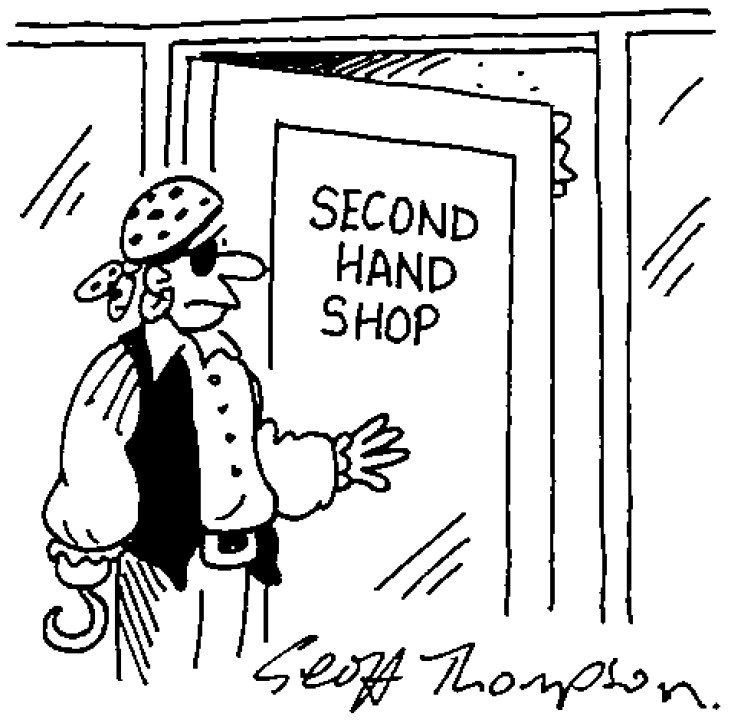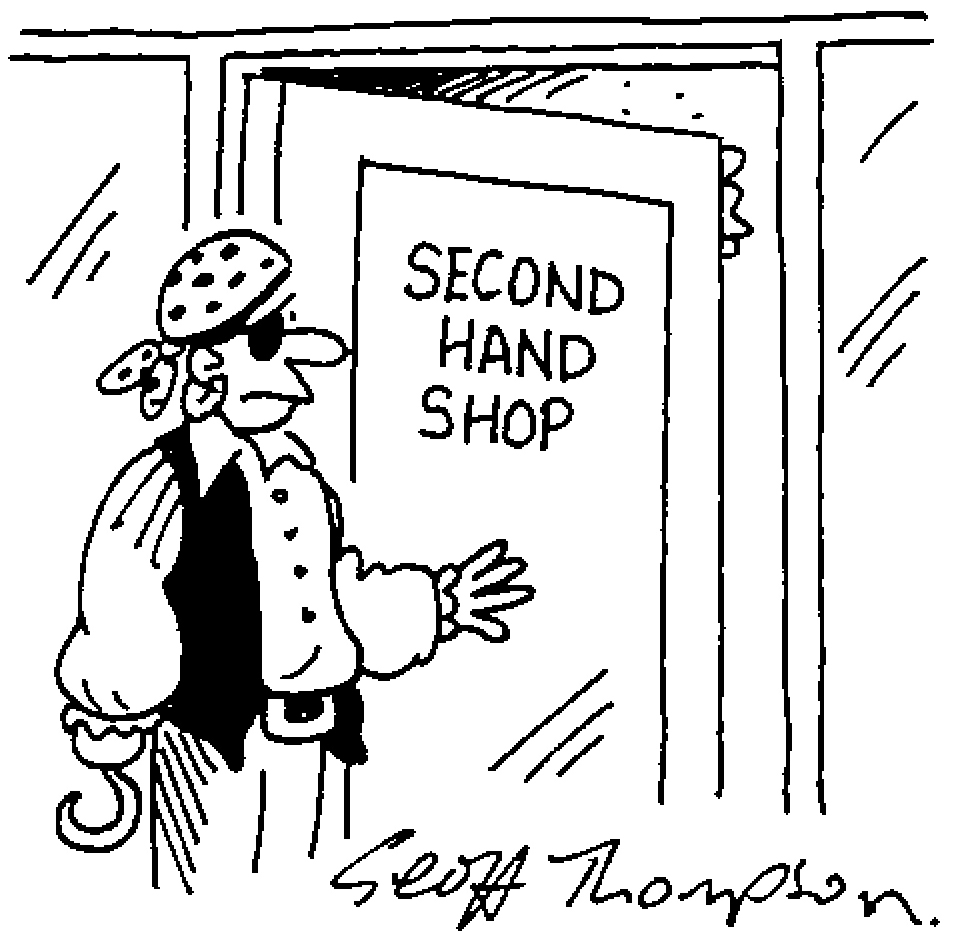David Cameron has just passed through his first full-blown crisis as Prime Minister. He may have been a bit-part player in this Murdoch drama, but he has remarked to those in No. 10 that the past
few weeks have been the most gruelling of his premiership so far.
He has seen the arrest of a former employee, Andy Coulson, and a close friend, Rebekah Brooks. Social relationships on which so much of his politics is based have had to be reassessed. Worst of
all, the deficiencies of the No. 10 machine have allowed a story about one poorly judged appointment to spiral dangerously out of control.
Take his treatment of Conservative MPs during the past two weeks. During any crisis, it is imperative that a leader keep his party with him. Last Wednesday, Cameron had the perfect chance to rally
the troops, the traditional end-of-term address to the 1922 Committee of Tory backbenchers. The normal form at these things is that the Prime Minister comes in, says a few rousing words and answers
some questions, and then Tory MPs bang their desks and go home happy.
Not this time. On Wednesday, word came that Cameron would have to postpone the appointment, because he was planning to speak in the BSkyB debate that afternoon. No. 10 offered up Monday at 4 p.m.
as a new time for a meeting. All was fine until Cameron decided not to speak in the debate after all. At a summer drinks party in the gardens of Westminster Abbey that night, several Tory MPs
stalked the lawns complaining about the ‘snub’.
The real trouble, though, started when No. 10 pulled the plug on Cameron’s Monday appearance because of his visit to Africa. To cancel twice looks like carelessness, or even contempt. And the
trip, months in the planning, was in the diary when Monday was suggested as an alternative date. It was foolish, to say the least, to give Tory MPs a new date which the Prime Minister was never
going to make.
Nor was that the end of it. George Osborne was offered to the committee as a replacement. But allies of the Defence Secretary, Liam Fox, complained that a 4 p.m. meeting would leave the Commons
chamber far too empty of Tories for his statement. Finally, Cameron agreed to the House sitting an extra day and his appearance was rescheduled for 5 p.m. on Wednesday, a week on from the original
date.
Cameron may carefully cultivate media executives, but opportunities to encourage backbench support are passed up with depressing regularity. Basic party management is nonexistent. Notes are rarely
sent out from No. 10 to thank Tory MPs for a policy suggestion or to praise them for a good speech. ‘What effort is put into making people feel included?’ one senior backbencher asks.
‘None whatsoever.’
It is this, perhaps, that explains why so few Tories were out defending the Prime Minister on Monday. A couple of Labour MPs were — absurdly — calling for him to resign. But so
shorthanded was the ‘defend Dave’ effort that Nick Boles — a new Tory MP with close social links to the Cameron circle — had to do a double shift on Newsnight backing the
PM. There were other Tories prepared to go to bat for Cameron, but, in what is another sign of the problems with his operation, they were never called out to the middle.
Braving the broadcast studios in tricky times is normally the role of an energetic, dependable party chairman. The Cameroons, however, worry that Sayeeda Warsi isn’t up to the task. They
remember how, with a few ill-chosen words, she has inadvertently added fuel to past blazes. They recoil at the memory of her dismissively referring to the Tory ‘right’ during
one moment of tension between the leadership and the party. What’s more, as a peer — Cameron elevated her to the Lords after she lost her seat in 2005 — she is out of touch with
Tory MPs.
Cameron hates firing people and has never yet sacked a woman. He’d be particularly loath to dismiss a working-class Muslim who was ennobled because she is a walking refutation of the
stereotype that the Tories are a party of old, rich white men. But Cameron needs to move her before this crisis returns. As it will. The coming investigations, possible criminal trials and then
judicial inquiries mean this story will be with us for years. It may already bore the public, but the British press will come back to it with relish. The media, as the past few days have
demonstrated, loves nothing more than reporting on itself.
When this story next reappears, Cameron will require a fully functioning party chairman. One who could act as a bridge to the party he leads — a role to which Warsi, with her paranoia about
the ‘Tory right’, is spectacularly unsuited.
Cameron also needs advice as to how to avoid getting into this kind of mess again. Almost as damaging to Cameron as his hiring of Coulson is his friendship with Brooks, the former chief executive
of News International. Cameron, normally a man with sound judgment, doesn’t seem to have smelt a rat when the woman who had previously been Tony Blair’s good friend and then Gordon
Brown’s attempted to become his. Instead, he gladly entered into her set. The social became the political.
There was no one in Cameron’s circle who successfully warned him against getting too close to Brooks, no old hand advising him to be cautious. Instead Cameron and Osborne got caught up in
their love of the game of politics, revelling in their successful turning of News International. But by agreeing to publish the details of his meetings with media executives and proprietors,
Cameron may have created a check of his own. If he’d had to do that before, one doubts that he would have seen Brooks as frequently as he did over Christmas.
‘Hackgate’ will not be the biggest crisis that Cameron faces this year. That will come when the problems in the eurozone blow up. But if he is to survive that, Cameron will need to
learn the lessons of this crisis and bolster his defences.








Comments